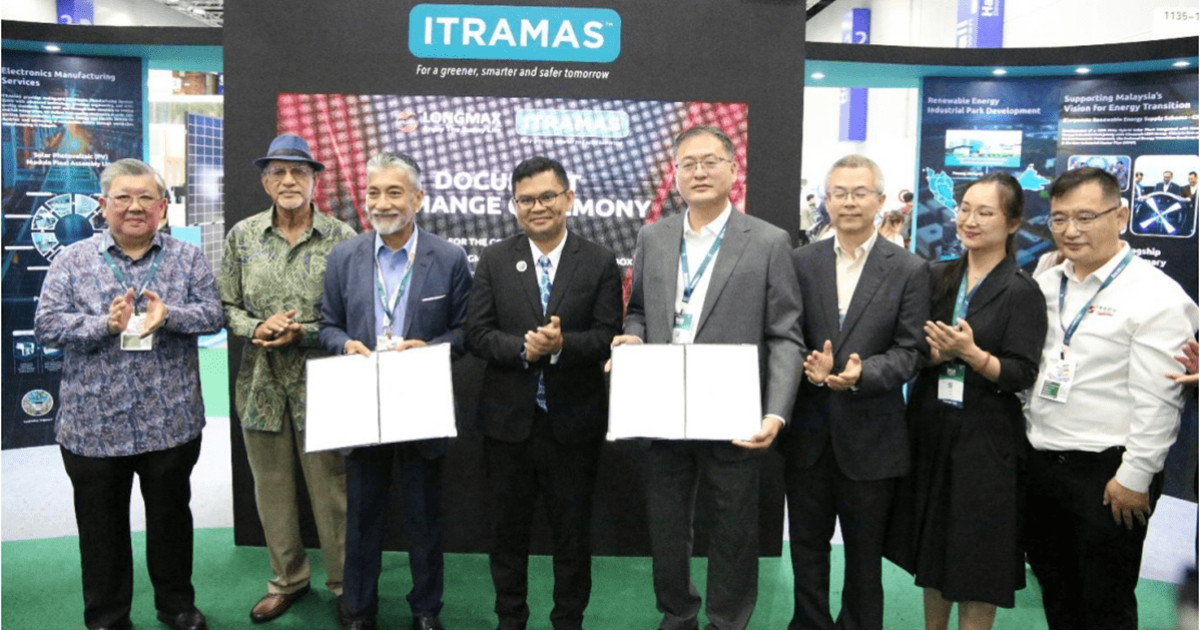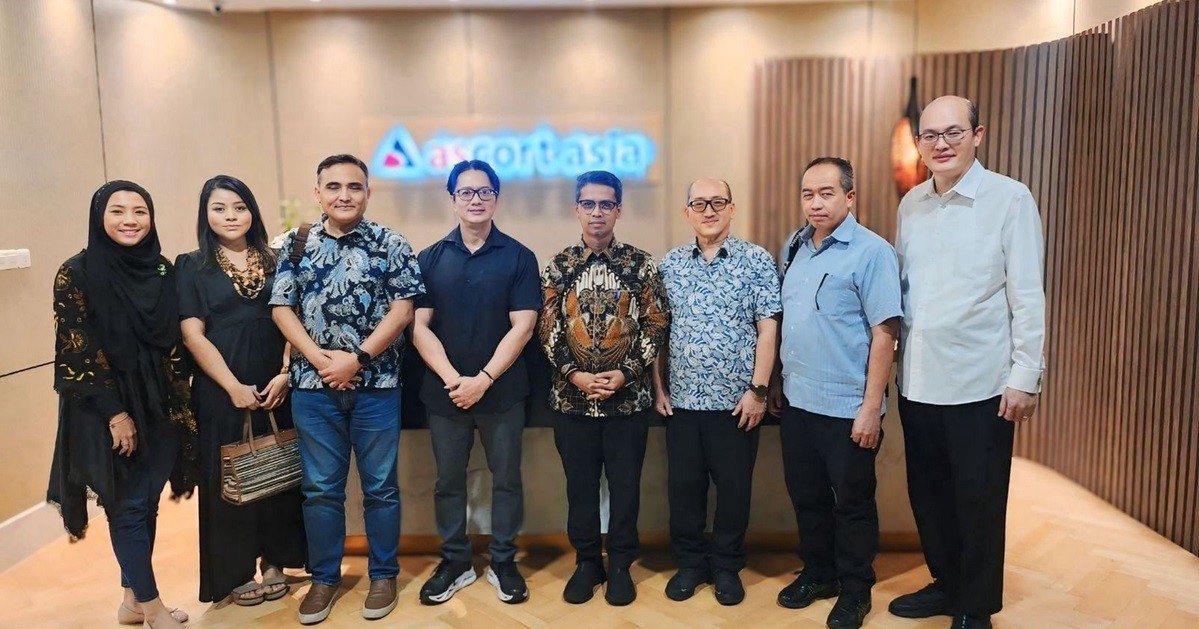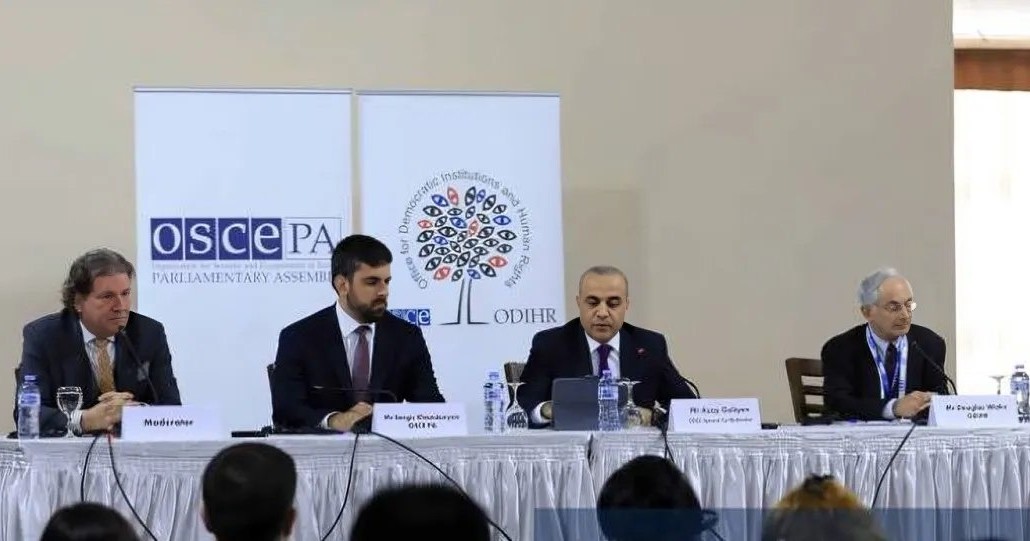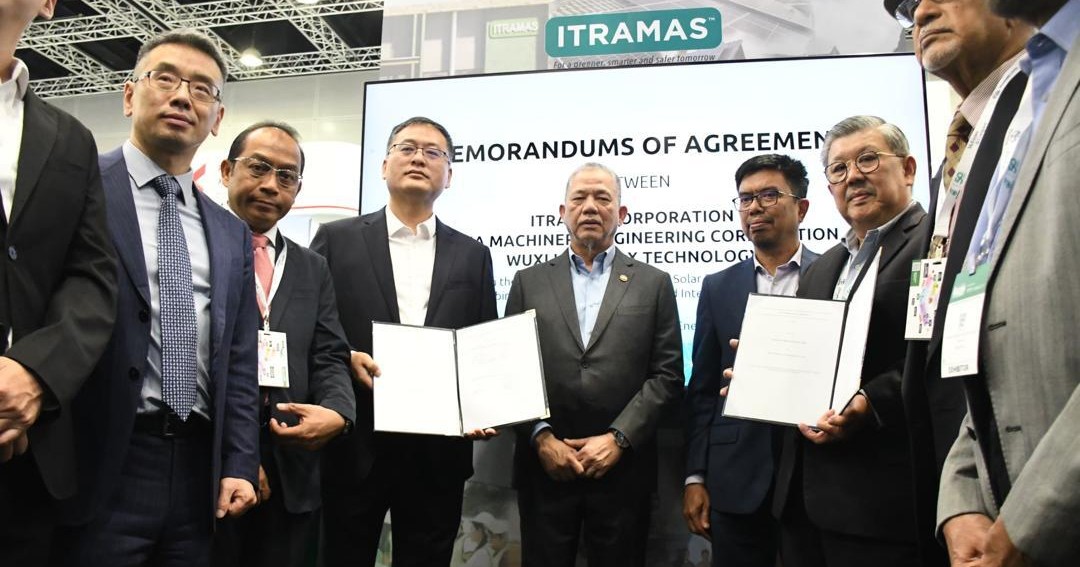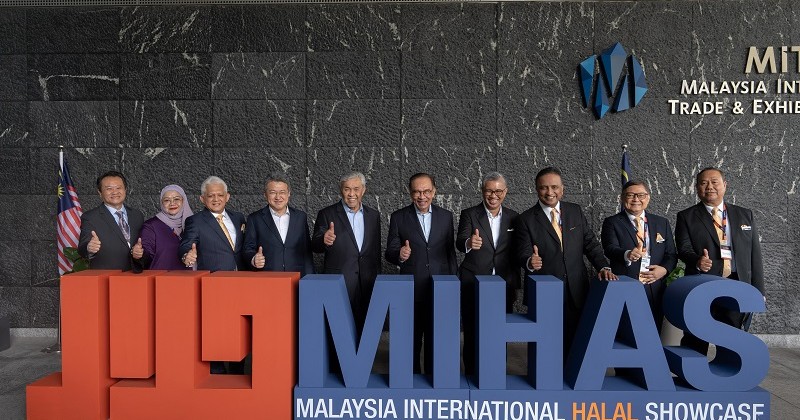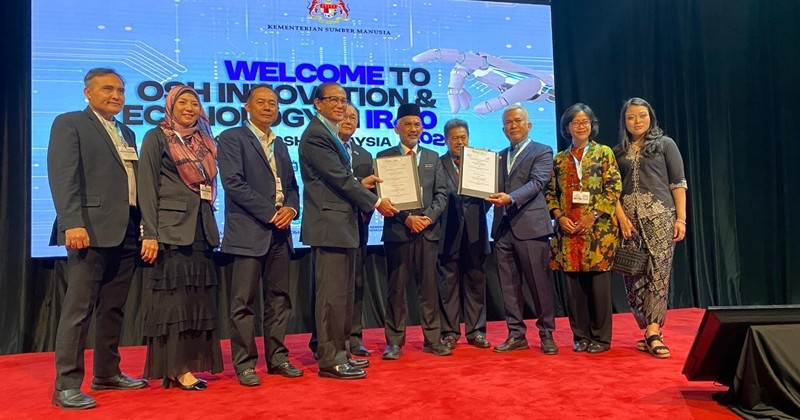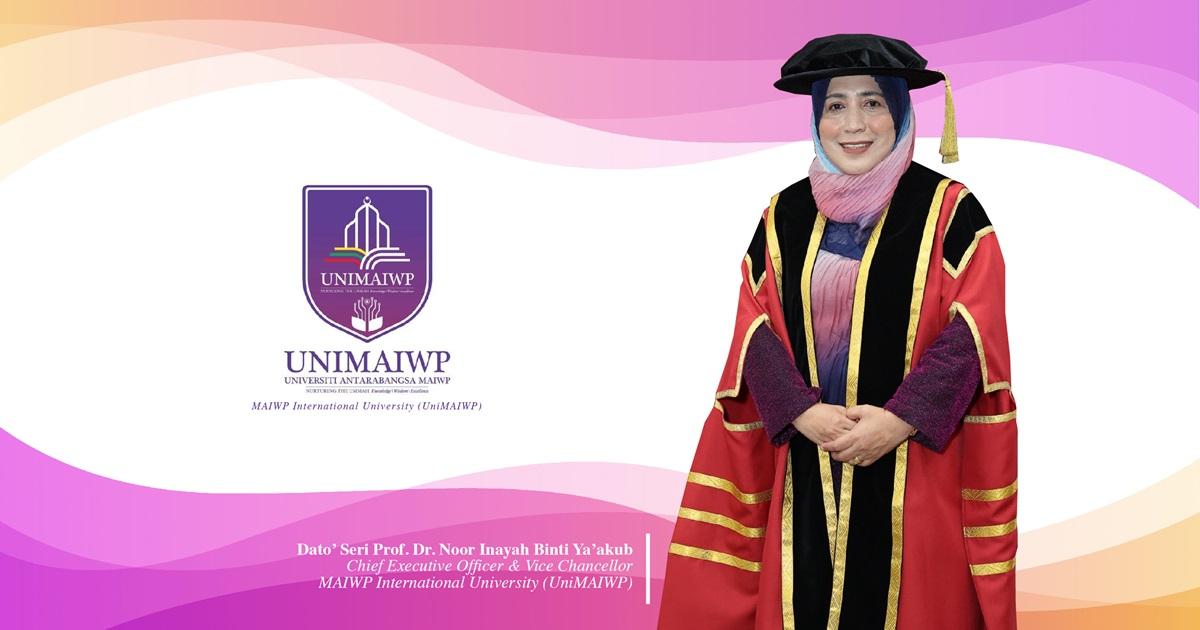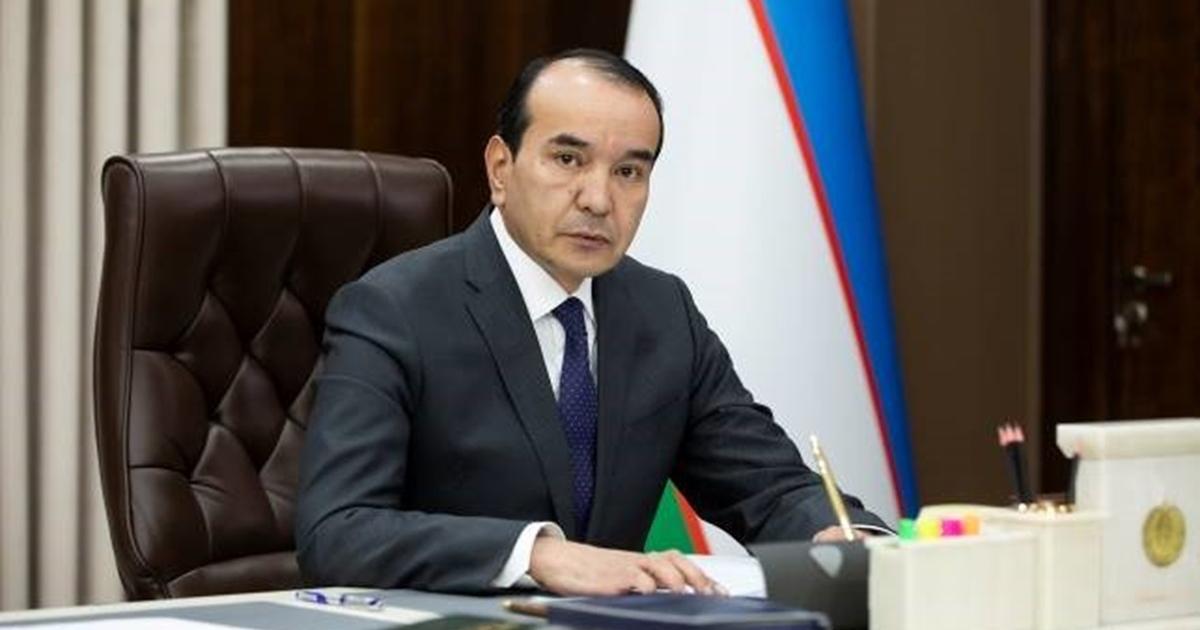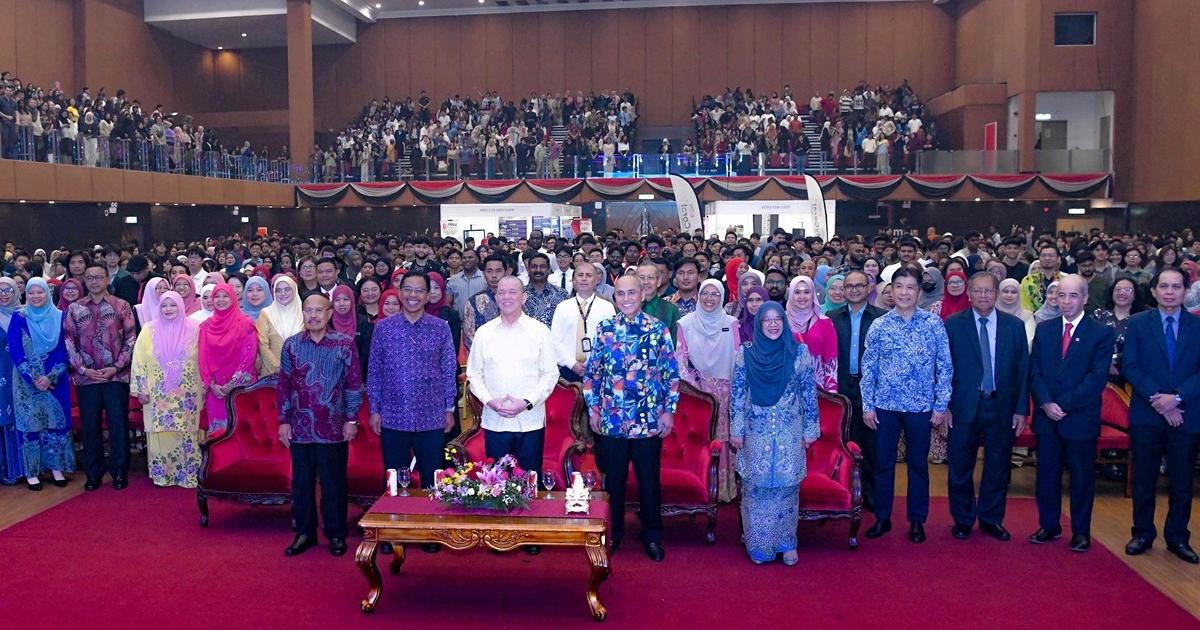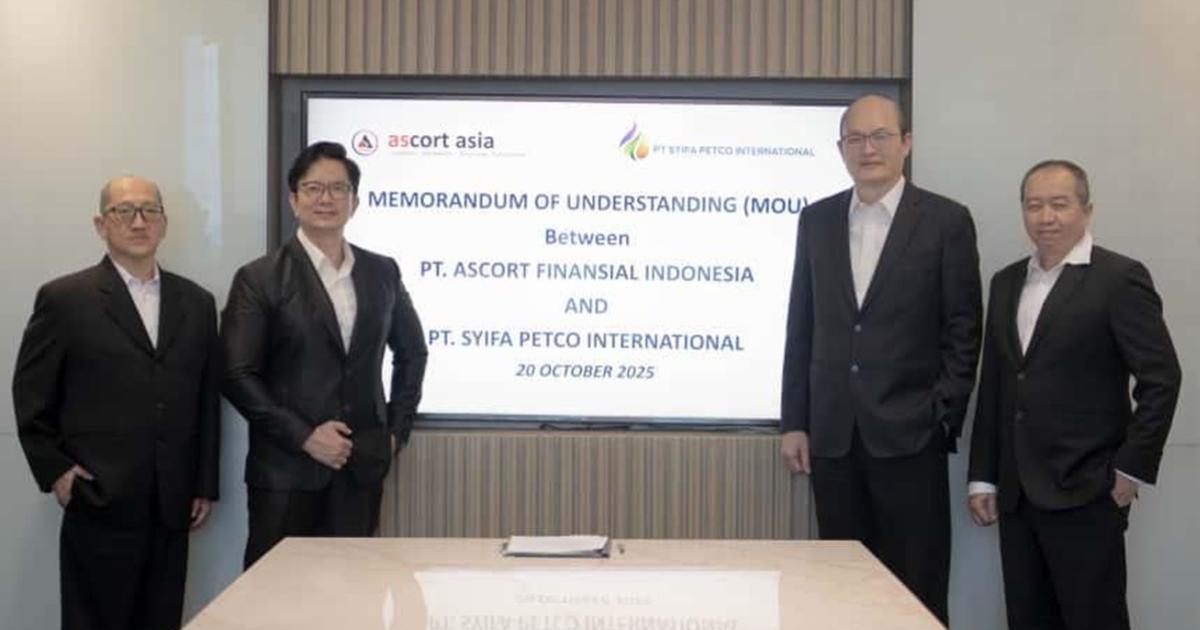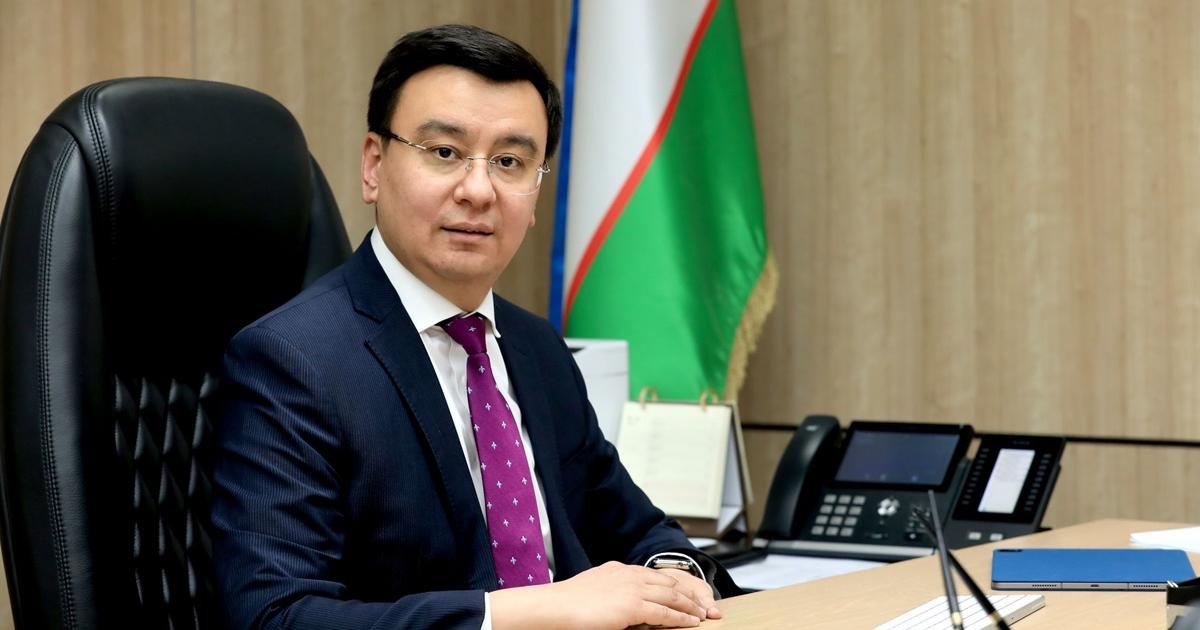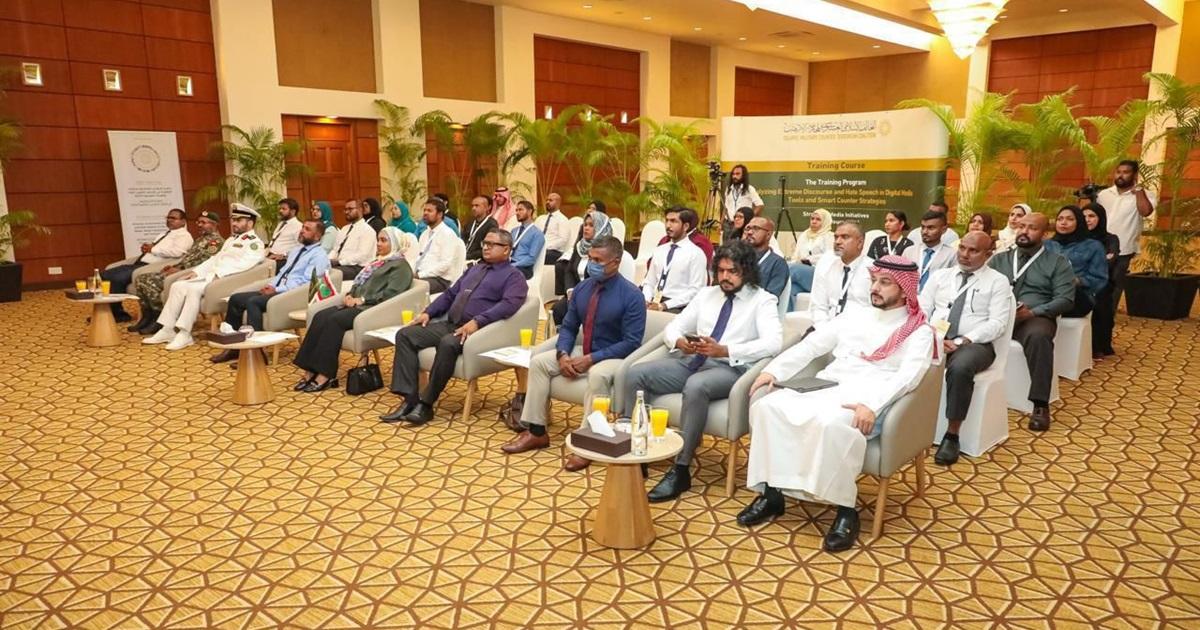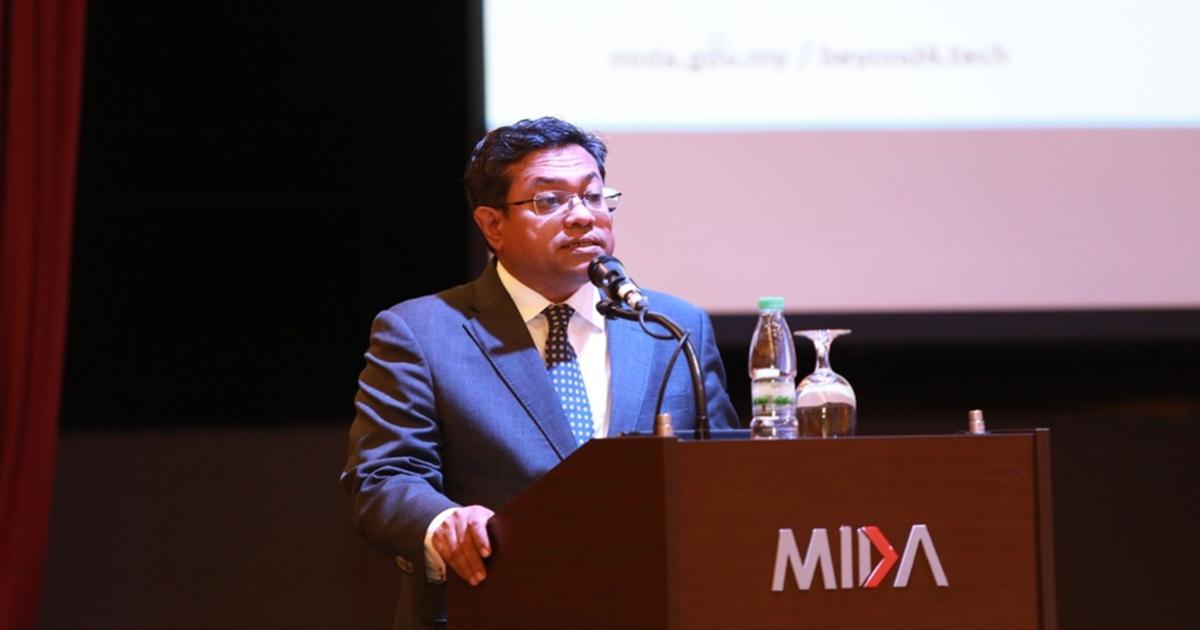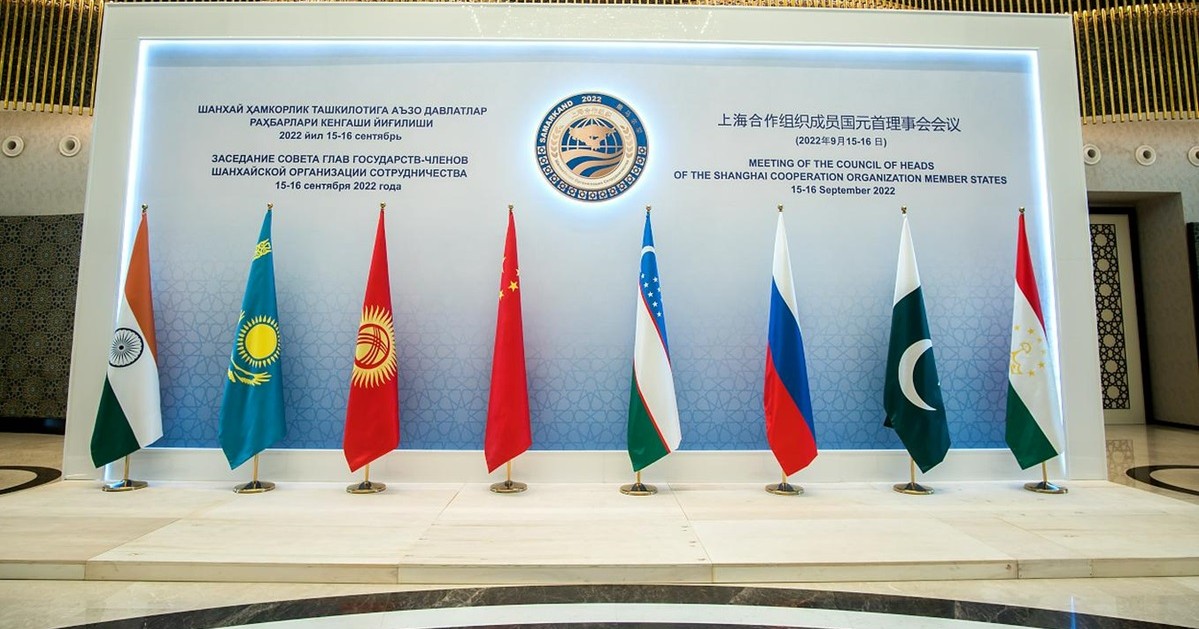
At the upcoming Samarkand SCO summit, the leaders of the countries for the first time in the last three years will come together in a face-to-face format. This will be a unique and effective opportunity to discuss the bilateral, regional and global issues that have accumulated during the pandemic.
In the context of serious shifts in world politics and economics, the value of the Samarkand summit is growing even more. It is noted that key decisions and agreements should be made at it, which will determine the future vectors of the Organization's development.
It is worth emphasizing that the SCO is not a bloc, it is an organization that promotes the ideas of multifaceted cooperation and does not pursue any geopolitical goals, does not make efforts against anyone. These principles are clearly spelled out in its Charter. And the whole history of the Organization proves the strict observance of these rules.
The summit will be attended by 15 heads of state and heads of 10 international organizations cooperating with the SCO. Thus, given the representative status and organization, this summit is intended to serve as another confirmation of the growing influence of Uzbekistan and the authority of its leader as an international politician.
Recall that Uzbekistan has been the chairman of the SCO for the past year. Its activities in this status reflect the accents of the new foreign policy of President Shavkat Mirziyoyev. Pragmatism, dynamism and initiative have become a kind of "Business card" of Uzbek diplomacy in recent years. Shavkat Mirziyoyev's independent and comprehensive foreign policy has made it possible to balance the interests of "big", "medium" and "small" countries in the SCO space. According to analysts, this gives Tashkent an important advantage - the trust of all SCO countries, which allows it to confidently promote major regional and global initiatives through this platform.
The conceptual approach of Uzbekistan to the question of what the SCO should be like in a new era can be seen in the priorities it put forward - trade, industrial and technological cooperation, strengthening transport and economic interconnectedness, innovation, digital transformation and a green economy.
Uzbekistan invites the SCO countries to rethink the value of multilateral cooperation during the period of geopolitical and economic upheavals at the global level. Therefore, it is expected that at the Samarkand SCO summit Shavkat Mirziyoyev will come up with a number of breakthrough initiatives and proposals designed to serve as a significant update of the agenda and modernization of the activities of this Organization.
Today, the SCO is entering a serious stage of transformation, and this process is due both to the expansion of its membership and to the changing realities within and around the Organization. Thus, at the Samarkand summit, the signing of a Memorandum of Obligations by Iran is expected, which will open the country a direct path to membership in the SCO. In addition, Memorandums on granting dialogue partner status will be signed with Egypt, Qatar and Saudi Arabia. Approval of applications for partner status is expected with Bahrain and the Maldives.
Nevertheless, Central Asia, according to experts, should continue to be the core of the SCO, since it is the nodal region of its expanding space. That is why it is in the interests of the SCO to strengthen positive and irreversible processes in Central Asia. This is the key to the overall success of the Organization.
As part of the summit, it is planned to sign a number of important decisions. 30 coordinated documents have already been prepared, aimed at strengthening the multifaceted interaction of the SCO with bringing cooperation to a new level. At the same time, according to the organizers, this list will be further expanded.
The main final document of the summit will be the Samarkand Declaration, which will reflect the common approaches of the SCO countries to solving regional and global problems with the identification of priorities for the development of the organization.
- Business News 100
- Country News 16
- Feature News 30
- International News 151
- Interview News 35
- National News 18





